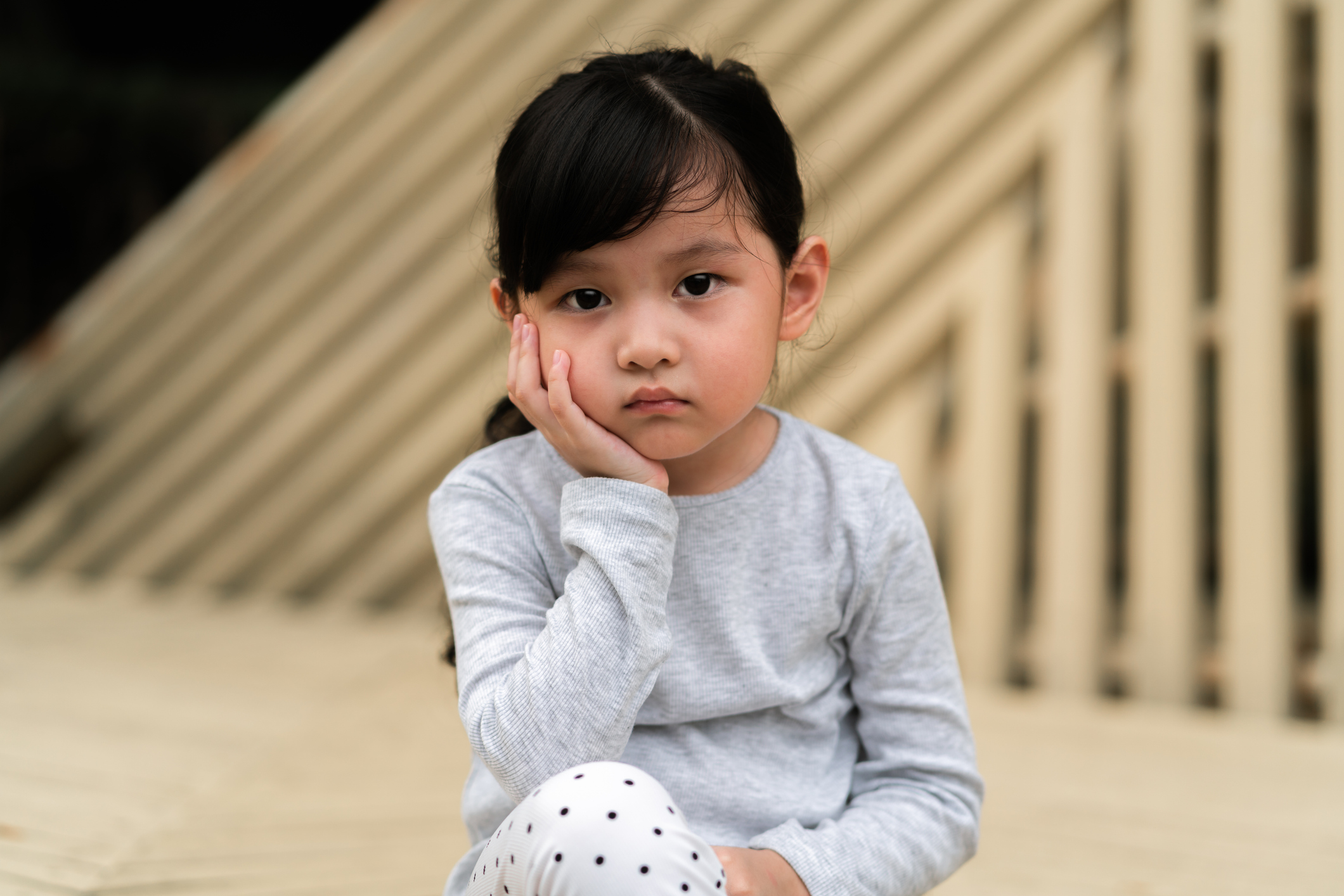To a six-year-old, the world doesn’t make much sense. Nor does your mom turning blue on the toilet or the blaring of blue and red lights in your face as she gets arrested. After all, only the bad guys get arrested. She wasn’t a criminal—she loved you, and therefore she was good.
It took a long time for me to understand what addiction meant, the word only really formed a tangible meaning in my mind once I had noticed that my peers around me were forming addictions of their own. Yet, the effects of my mother’s addiction were ever present in my life. It started small: she’d be late to pick my sister and me up from the bus stop, or maybe she’d get sick and remain bedridden. One time she even accidentally drove my sister and me into the city, when she really was supposed to be driving us home in the complete opposite direction. I thought it was funny back then—maybe our destination had slipped her mind. I was naive and trusting, but my sister was older and knew better. She had started yelling at our mom, accusing her of being on drugs. She said there was something wrong with her, and that she wanted to be back home right that instant because she was scared that our mom would get into an accident in her state. I didn’t believe what I was hearing but my sister was right, and she’d always been right about the type of person that our mother was.
Over time, my mom only got worse. A few instances of not being punctual turned into weeks and then months without contact. Loving texts of “goodnight” and “I miss you’ became ignored calls and blocked numbers. It suddenly made sense to me why she would stare off into nothing, her eyes glazed over while she perspired heavily, even though it was the middle of winter. My mom picking up her medication every single day at the hospital instead of having her own convenient little pill bottle was no longer a questionable decision, but a very real consequence of her actions. It had always been her addiction, and now that I was aware of what was happening, I couldn’t avoid it. It was a bitter pill to swallow.
In many ways, addiction ruined my life. It tore my family apart when my parents got divorced. Suddenly, Mother’s Day cards in elementary school held a lot less meaning when you couldn’t remember your favorite memory with your mom. I hated lying about what I knew, but schools have this assumption that every single family looks the same, and I was an exception to the rule. In terms of grades, friends, and any other significant quality, I could’ve been the cream of the crop. But I felt like an outcast. Like there was something wrong with me because my mother was addicted to drugs I couldn’t even pronounce, and everyone else had a “normal mother”. I don’t even feel like I have a mother most days, because the amount of times I see her in a year is less than the amount of days there are in a week.
I also had femininity ruined for me. I’d always wanted her to teach me how to do makeup, to be able to paint myself in her image. When you’re young, your parents are your heroes. But her addiction made me swear off ever being like her, so now all I can do is pathetically apply mascara. That’s the one thing I’m thankful for from her addiction; I’ve never fallen prey to it myself because I’m scared of what I could become. Drugs, alcohol, cigarettes, any illicit substance has never touched me because I don’t want to be who she became.
Her addiction also enlightened me to the various interpretations of the word “family”. Growing up, I always believed addicts were “failures” of life. They didn’t deserve better because it was their choice. However, I understand that that is not the case. My mom is an addict, and she has betrayed me many times, but I love her. My anger towards her was tempered with pity for her. She is a real person, with a real family, and real feelings. What I want for her is to get treatment, to be able to get better.
I know I am not alone. Many children experience dealing with family members who have addictions. Receiving this scholarship would help me pursue a career in education so that I can become a teacher, who can give comfort and understanding to students like me. Just having a teacher at school who is willing to lend an ear and try to understand is very healing, and I want to be that safe place.

